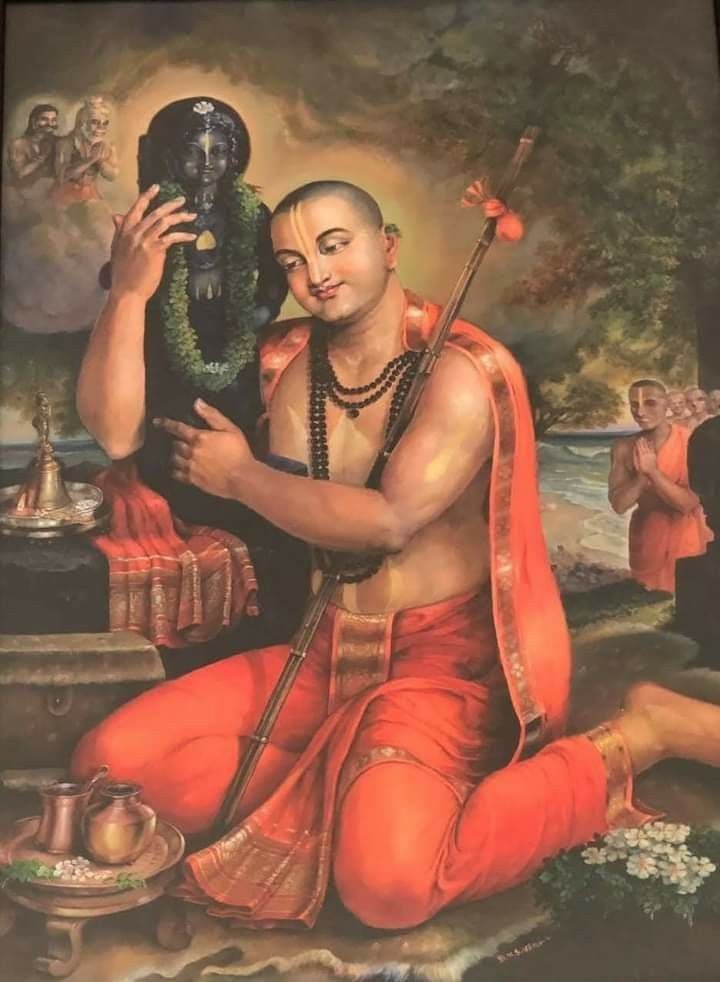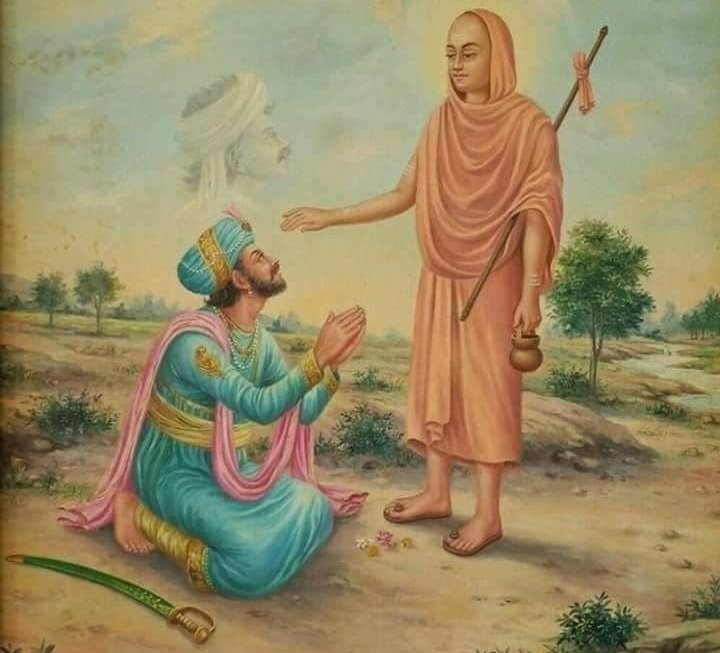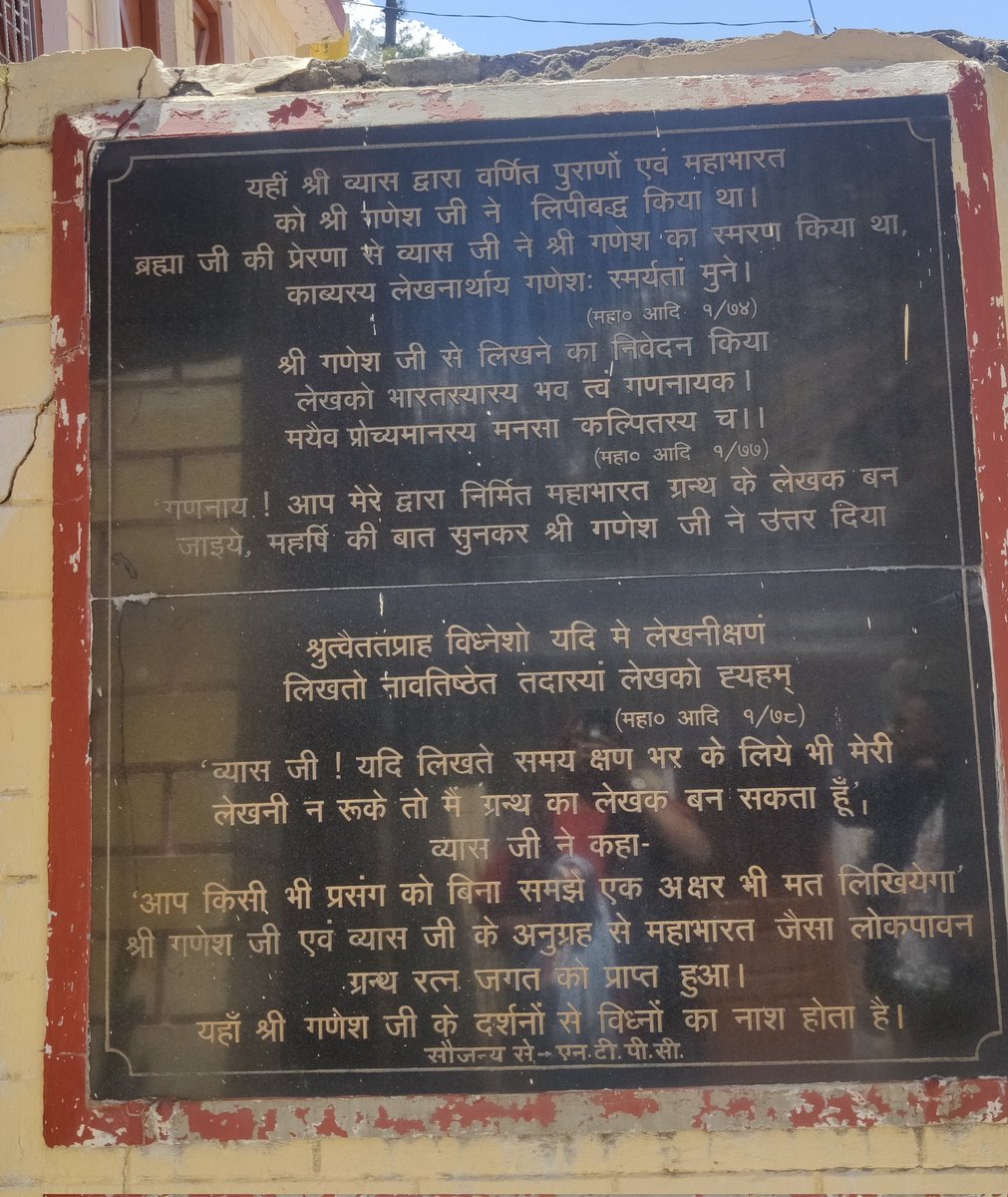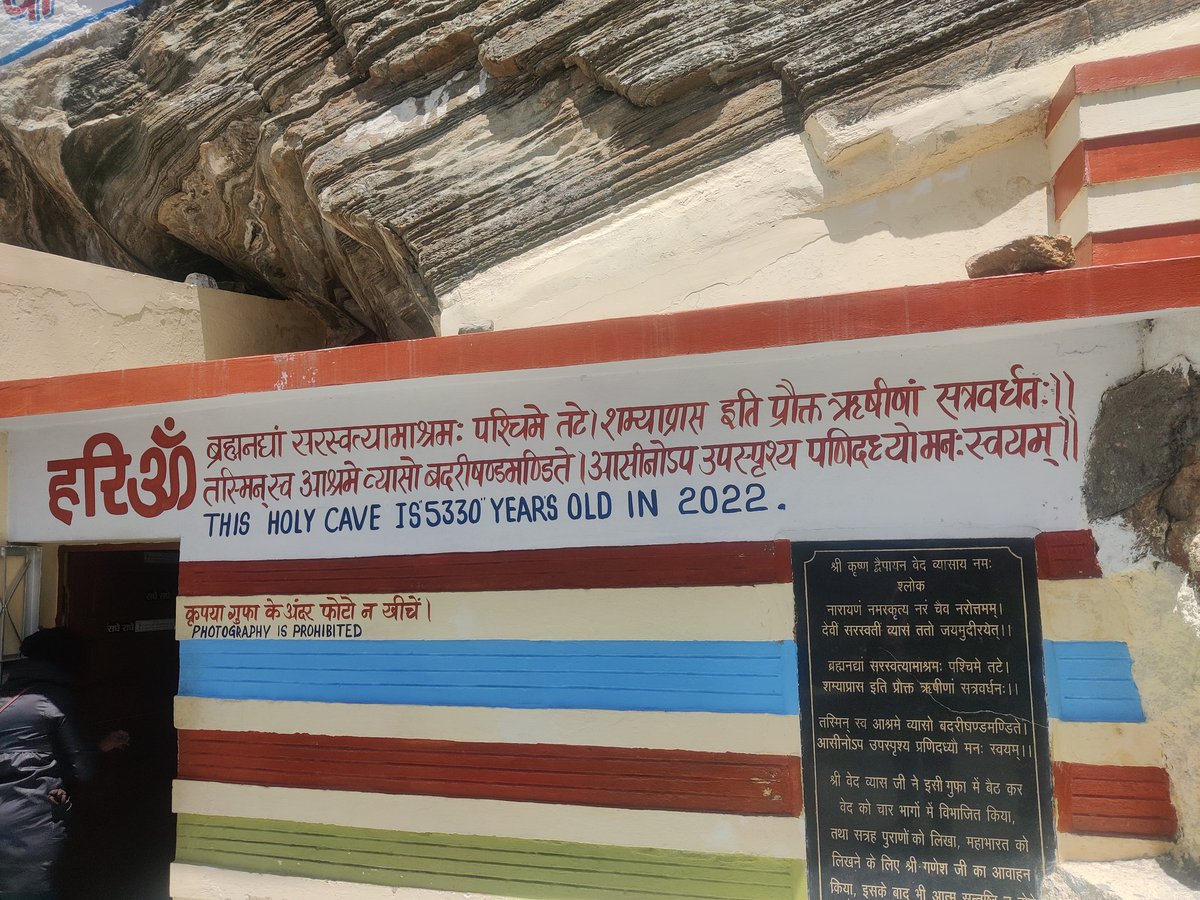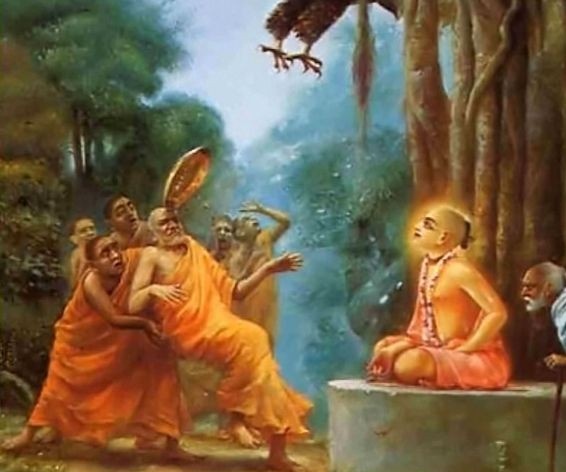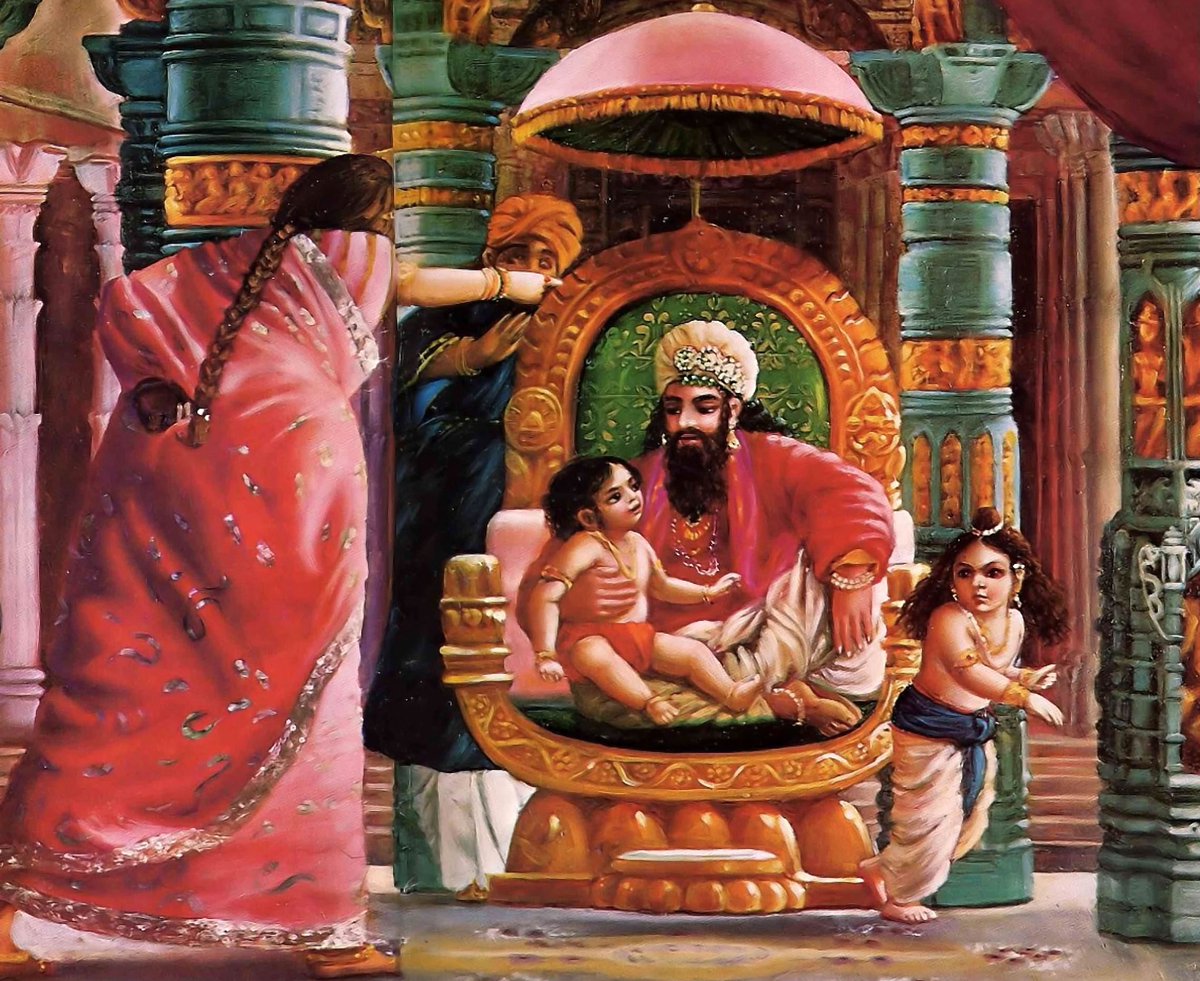The wiser a person, the more he will find great beauty in simplifying life.
With fewer desires, he has less work to do.
Then, he is left with plenty of time to explore the deeper recesses of his being, to find Spiritual fulfilment, peace & real security.
1/3
With fewer desires, he has less work to do.
Then, he is left with plenty of time to explore the deeper recesses of his being, to find Spiritual fulfilment, peace & real security.
1/3
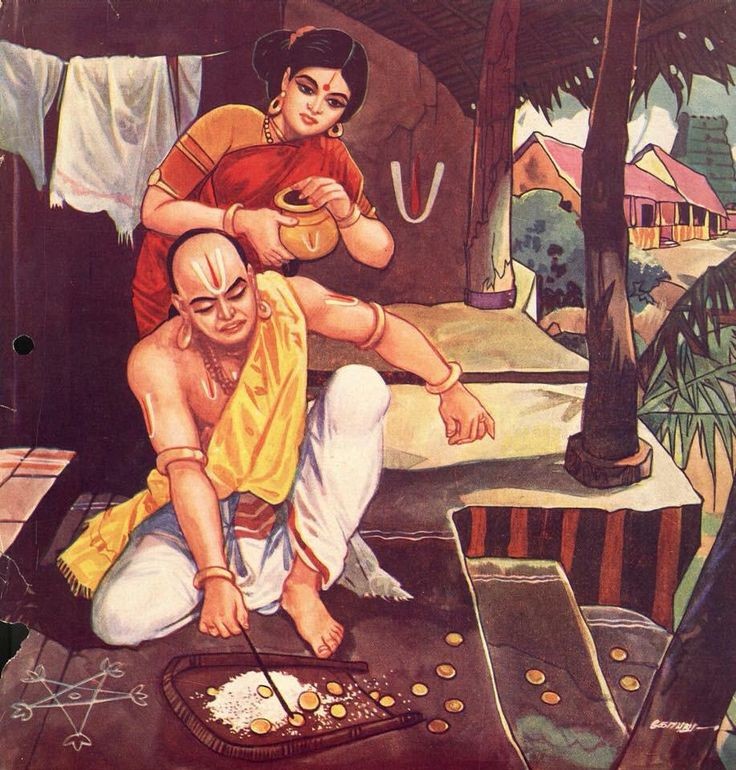
The idea of renunciation came from this intelligent understanding that we actually need only very little to live.
The Bhagavata says,
परिग्रहो हि दुःखाय।
"the more the possessions, the more the suffering."
To quieten the mind & abide in peace, we must simplify life by
The Bhagavata says,
परिग्रहो हि दुःखाय।
"the more the possessions, the more the suffering."
To quieten the mind & abide in peace, we must simplify life by
reducing our desires, and also pay heed to knowledge about the Divine within.
Otherwise, the mind will remain unsettled & scattered.
I ॐ तत् सत् I
Otherwise, the mind will remain unsettled & scattered.
I ॐ तत् सत् I
• • •
Missing some Tweet in this thread? You can try to
force a refresh

 Read on Twitter
Read on Twitter



